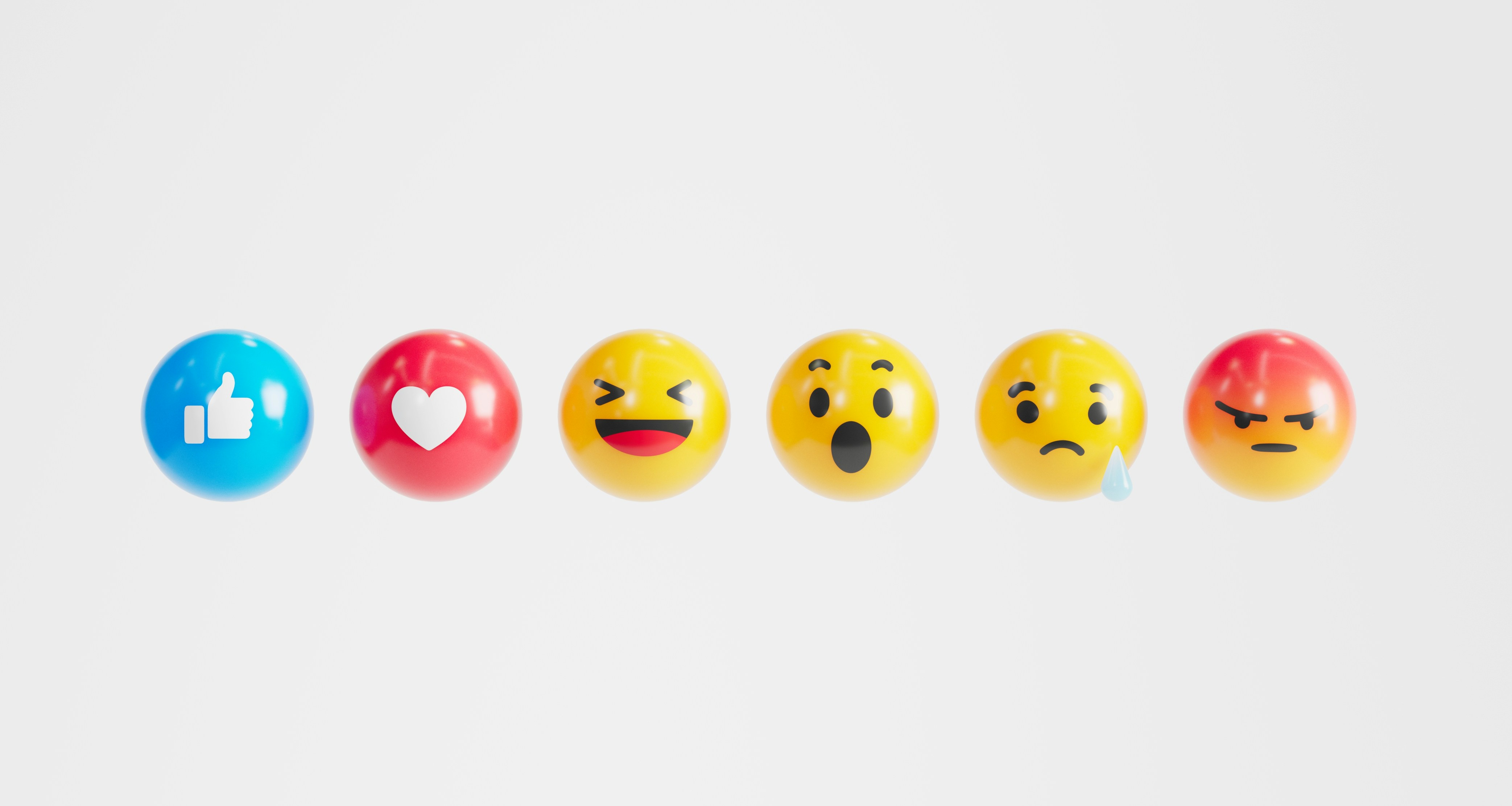News release
From:
Peer-reviewed; Simulation/modeling; N/A
Instagram images could influence public opinion on certain major events
Study finds especially strong correlation between sentiment of anti-war images and user sentiment expressed in later comments
A new study of Instagram posts has uncovered strong statistical correlations suggesting that social media images may play a key role in shaping public opinion toward events, with notable social and political effects. Nafiseh Jabbari Tofighi of Istanbul Medipol University, Turkey, and Reda Alhajj of University of Calgary, Canada, Istanbul Medipol University, Turkey, and University of Southern Denmark, Denmark, present these findings in the open-access journal PLOS One on July 30, 2025.
Some prior studies have suggested that images and videos on social media can significantly impact users’ sentiments toward certain sociopolitical topics. However, other studies suggest that such impacts are limited because users typically only process information that aligns with what they already believe.
While both textual data and image-based data have previously been used for research on sociopolitical sentiment, few studies have combined these two data types. To help fill that gap, Tofighi and Alhajj investigated potential links between the sentiments suggested by static images in Instagram posts and the sentiments expressed by users who commented on the posts.
The researchers selected 100 Instagram posts, each with high user engagement and high relevance to one of four sociopolitical movements: Black Live Matter, Women’s March, climate change protests, and anti-war demonstrations. They manually categorized the sentiment of each image as either positive or negative, and they used deep machine learning methods to analyze comments and determine the percentage of comments expressing positive versus negative sentiment.
The analysis showed strong alignment between sentiment scores for the images and the sentiment of later comments, supporting the idea that social media images may significantly influence public sentiment on sociopolitical events.
Images related to anti-war demonstrations had the highest correlations between visual and commenter sentiments, perhaps because of the emotionally charged nature of such images. Images related to climate change protests had lower correlations, perhaps because the impact of such visuals relies on users being more informed about the context. Images related to the Black Lives Matter and Women’s March movements had moderate correlations, perhaps because of broad variations in type of image and user personal backgrounds.
The authors note the potential for misrepresentation in their analysis as AI-generated or synthetic images may exist in the dataset. They call for the development of technology that can detect such content and filter it out of datasets going forward. These findings help set the stage for future research in the field and could help inform activist strategies and efforts to combat misinformation.



 International
International



